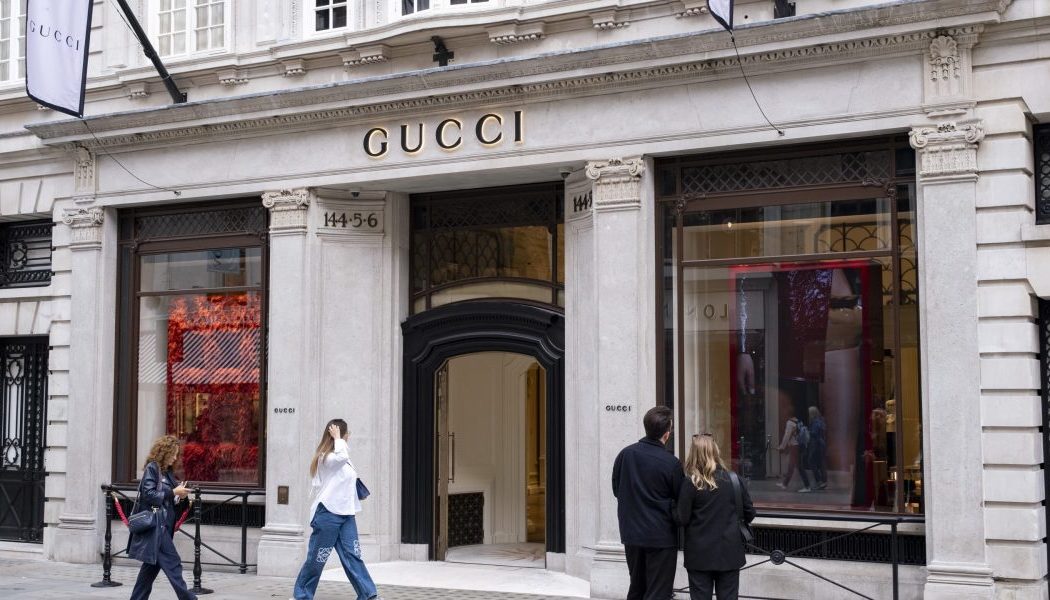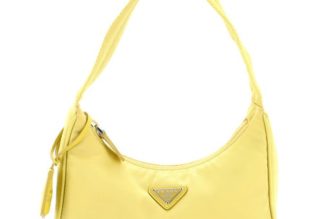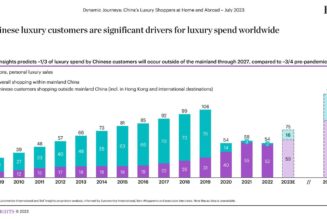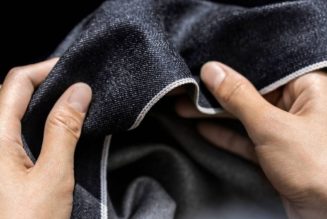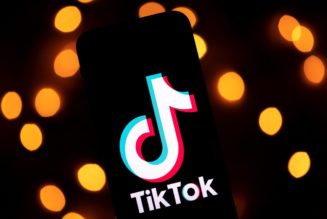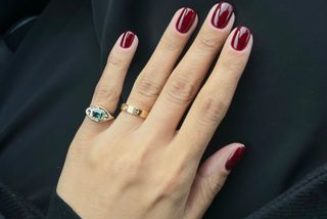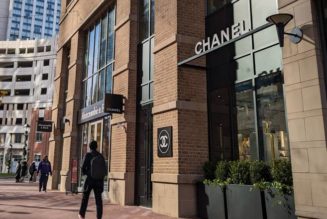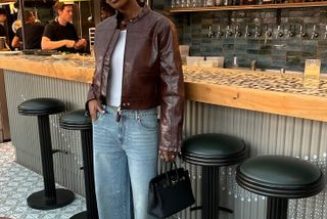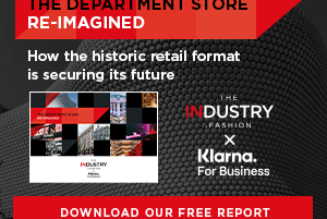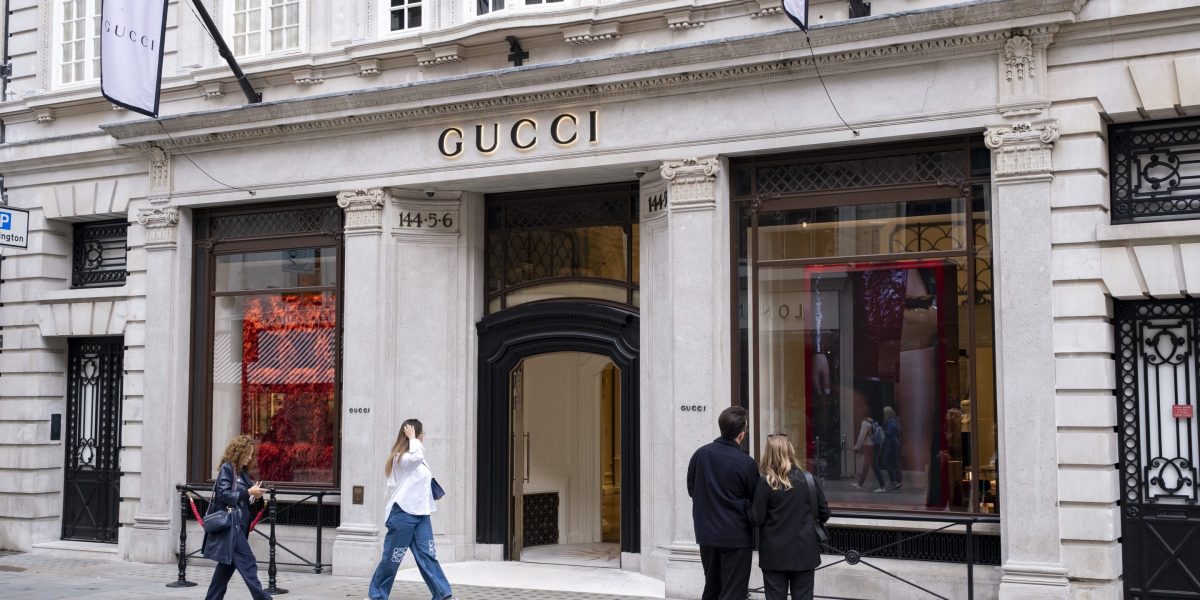
Shoppers aren’t splurging on Gucci bags or Balenciaga shoes like they used to, and the “roaring 20s” of the post-COVID boom might be over.
Signs of slowdown in the luxury industry began with easing sales reported at LVMH, the parent company of Louis Vuitton and Christian Dior. French company Kering, which has been struggling to match up to rivals in recent years, was next in line.
Kering’s revenues declined by 9% to €4.5 billion ($4.7 billion) in the third quarter, the company reported Tuesday. The fall was tied to a plunge in sales at two of the French fashion company’s biggest labels—Gucci and Yves Saint Laurent—by 7% and 12%, respectively on a comparable basis.
“Beyond the challenging macroeconomic conditions and softening demand across the luxury industry, the change in our revenue performance in the third quarter reflects the impact of our decisions to further elevate our brands and their distribution,” CEO François-Henri Pinault said in a statement.
Kering’s weak earnings come at a delicate time for the company as it has faced strong competition from other luxury brands and charts its path through management changes at Gucci, which makes up more than half of Kering’s annual sales.
The conglomerate is still reeling from the impact of a controversial ad campaign for Balenciaga, which hurt its U.S. and Europe sales. Kering is also working on streamlining its wholesale distribution networks to control pricing, a transition set to be completed in 2024, which has further dragged revenues down this year.
For its part, Kering is making deals to bolster its position as a luxury juggernaut, including one worth $3.8 billion for perfume label Creed in July. Top executives, many of whom have been appointed in the last few months, have been tasked with turning Kering around to its old glory.
“The organization we put in place in July will enable us to strengthen the steering of our Houses in the current market environment and to reclaim our positions and influence. With the acquisition of Creed completed last week, one of the world’s most distinguished high fragrance houses has joined our family, propelling our ambitions in beauty onto the next stage,” Pinault said.
Reshaping Gucci—Kering’s most lucrative brand
Italian brand Gucci, known by its iconic logo with two “G” letters facing each other, has proved a crown jewel for Kering over the years. But it has steadily lost market share to its rivals and hasn’t been able to reap the benefits of COVID-19-induced luxury spending—the new “roaring 20s”—quite like its counterparts at LVMH.
In an effort to revive the label and shake up its leadership, a new creative director, Sabato De Sarno, was appointed in January. He launched his debut collection in September, which is set to go on sale next year. De Sarno’s addition to Gucci’s legacy could be a key determinant in how Kering’s future shapes up.
“We remain cautious on Kering’s turnaround story as it remains to be seen whether key brand Gucci will be able to successfully relaunch brand momentum through its new aesthetic,” analysts at Barclays wrote in a note this month, the Financial Times reported.
Not all doom and gloom for luxury
Although Kering’s challenges stretch beyond the tightening of consumer spending, it has company as it navigates a tricky luxury retail market. Bernard Arnault’s LVMH saw a slower pace in sales growth for the third quarter compared to the previous quarter, pointing to a possible end to the extended heyday in luxury shopping. The group, seen as a bellwether in the luxury industry, attributed the results to “post-Covid normalization of demand and the continued high inventory levels of its retailers.”
It isn’t all doom and gloom for the industry’s players—on Tuesday, the French maker of Birkin bags, Hermès, saw third-quarter sales beat analyst forecasts, instilling hope that spending will bounce back and benefit luxury brands.
“Some people in the industry think there could be a slowdown, particularly for more affordable items. But at this juncture we are not seeing that trend,” Hermès’s CFO Éric du Halgouët told the FT.
